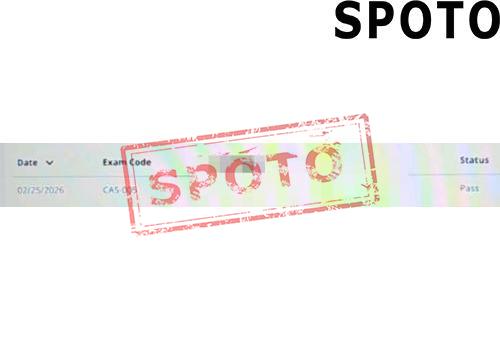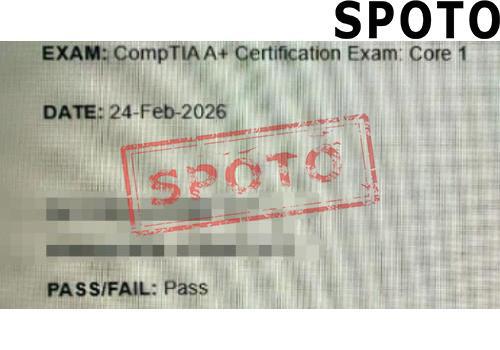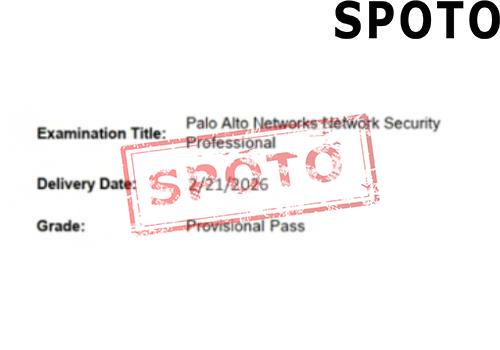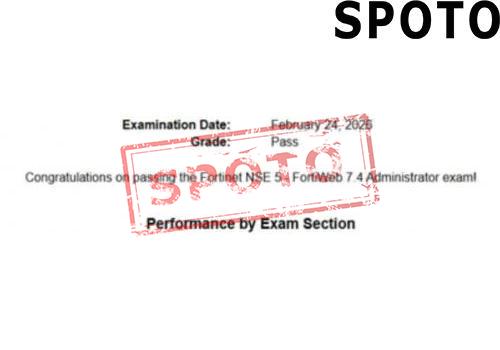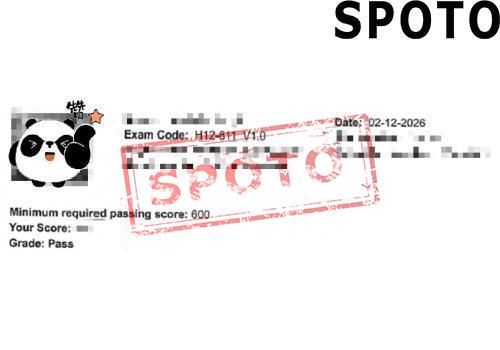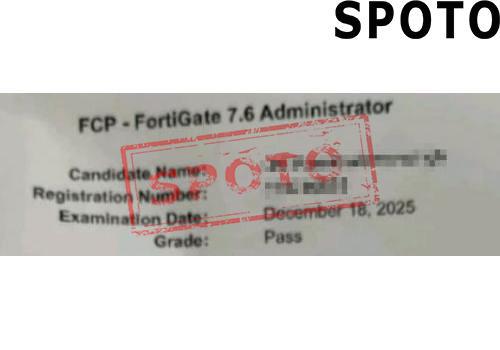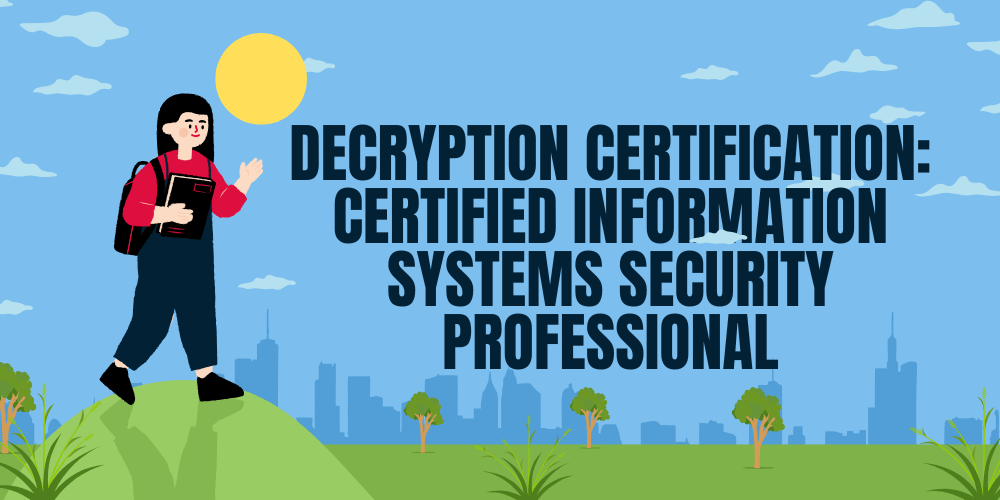
Table of Contents
This article provides a comprehensive overview of the Certified Information Systems Security Professional (CISSP) certification. You'll learn what the CISSP is, explore its key details, and discover the eligibility requirements. By the end, you'll have gained an in-depth understanding of this valuable credential.
1. What is the CISSP Certification?
Certified Information Systems Security Professional (CISSP) is one of the world's most authoritative and influential top certifications in the field of information security launched by the International Information Systems Security Certification Alliance. It aims to verify that the holder has the comprehensive ability to design, implement, manage and evaluate enterprise-level information security systems. It is recognized as the "gold standard" in the field of information security. CISSP focuses on the "global perspective" of information security, covering multiple fields such as security and risk management, asset security, communications and network security.
It not only assesses technical capabilities, but also emphasizes security strategic thinking and management capabilities. It is one of the most recognized certifications in the global information security field and is widely recognized by enterprises and government agencies in more than 180 countries and regions. It is the core screening standard for companies to recruit senior positions such as chief information security officers, security architects, and security directors. The average salary of certificate holders is significantly higher than that of non-certificate holders. It is a "must-have qualification" for information security practitioners to advance their careers.
2. Benefits of having Certified Information Systems Security Professional certification
Certified Information Systems Security Professional (CISSP) is listed as a "must-have qualification" for senior security positions by top global companies such as Microsoft, IBM, Google, and JPMorgan Chase, as well as government agencies such as the U.S. Department of Defense and EU member governments. According to the (ISC)² Global Salary Survey, the average annual salary of CISSP holders is significantly higher than that of non-certificates, with a global average of about $141,000, 23% higher than that of non-certificated senior security practitioners; for CISO positions in Silicon Valley, the annual salary of CISSP holders is generally between $250,000 and $500,000, and some leading companies exceed $1 million. And as global cybersecurity threats intensify and compliance requirements tighten, the gap in demand for CISSP-level talents continues to expand, and the annual salary growth rate remains at 10%-15%, far higher than the average level of the IT industry.
CISSP certification directly matches the highest-level and most core positions in the field of information security. It is a key stepping stone for leaping from "technical experts" to "security decision makers." According to (ISC)² research, 83% of Fortune 500 companies around the world list CISSP as "preferred recruitment" or "required condition" when recruiting senior security positions. For practitioners who are transitioning from technical positions such as network security engineers and security operations to management positions, CISSP can prove that they have "global vision" and "strategic thinking," make up for the shortcomings of management experience, and accelerate promotion.
The core value of CISSP certification lies in proving through authoritative endorsement that the holder has a global vision and comprehensive ability in the field of information security, covering the entire chain of knowledge from technical implementation to strategic management. Whether it is a senior practitioner in the field of information security or a technician who hopes to break through the bottleneck of his career, CISSP is the "golden certification" to enhance competitiveness and connect with high-end positions—it is not only the ultimate proof of personal professional ability, but also a "pass" to gain an advantage in the global competition for information security talents.
3. CISSP Credential Overview
To pass the CISSP exam, candidates must score ≥700/1000 on the 125-question test (combining multiple-choice and scenario analysis), completed within 3 hours. Prerequisites include 5+ years of infosec work experience (1 year waivable with approved certifications). Exam fees: $749 (initial) / $499 (retake). The 3-year certification requires renewal via 120 CPE credits and annual fees.
4. Core Competencies Validated by CISSP?
CISSP certification is based on the 8 knowledge domains defined by (ISC)², covering the core content of the entire life cycle of information security, and embodying the complete capabilities of "from strategy to execution." Practitioners need to master security and risk management, compliance requirements of information security governance framework, risk assessment and management, identification and classification of sensitive information and core business of asset classification and labeling, and management of data life cycle, including asset ownership, custody responsibility and access control strategy.
Ensuring communication and network access control models, regular security assessment and testing, and analysis of test results and improvement suggestions are also technologies that practitioners need to master.
There are also similar security architectures and engineering, security design principles, system and application security, encryption technology and key management, security operations, security monitoring and incident response, disaster recovery and business continuity planning, malicious code protection, software development life cycle security, and security development life cycle security are all required to be mastered.
5. Top Alternatives to CISSP Certification
- Systems Security Certified Practitioner (SSCP)
- Certified Cloud Security Professional (CCSP)
- Certified Information Security Manager (CISM)
- Certified in Risk and Information Systems Control (CRISC)




